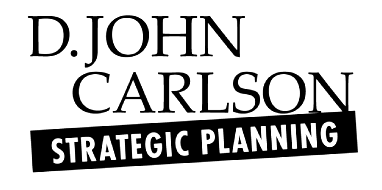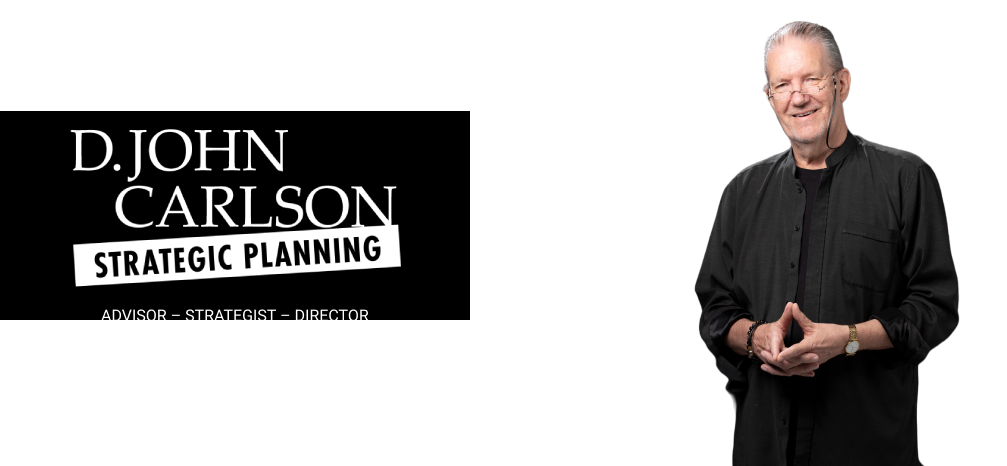increased choice can decrease sales Perhaps the most illuminating thing about studies in behavioural economics is the extent to which the findings seem to be counterintuitive. For example, behavioural economics research often delivers findings that question the value of intuition. Intuition has led many marketers and, indeed, many business people to believe that the more […]
increased choice can decrease sales Perhaps the most illuminating thing about studies in behavioural economics is the extent to which the findings seem to be counterintuitive. For example, behavioural economics research often delivers findings that question the value of intuition. Intuition has led many marketers and, indeed, many business people to believe that the more choice the customer is offered, the more likely they are to find what they really want, make a purchase and walk away happy. Research suggests, however, that none of this is true. A study reported by academic and psychologist Sheena Iyengar involved providing two groups with vouchers to purchase jam. Group one was presented with 24 options and group two was presented with 6 options. Consumers presented with 24 choices were more likely to stop and have a look at the options on display in the supermarket, but only 4% made a purchase. Consumers presented…


 Back
Back